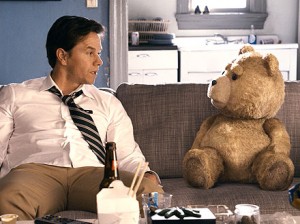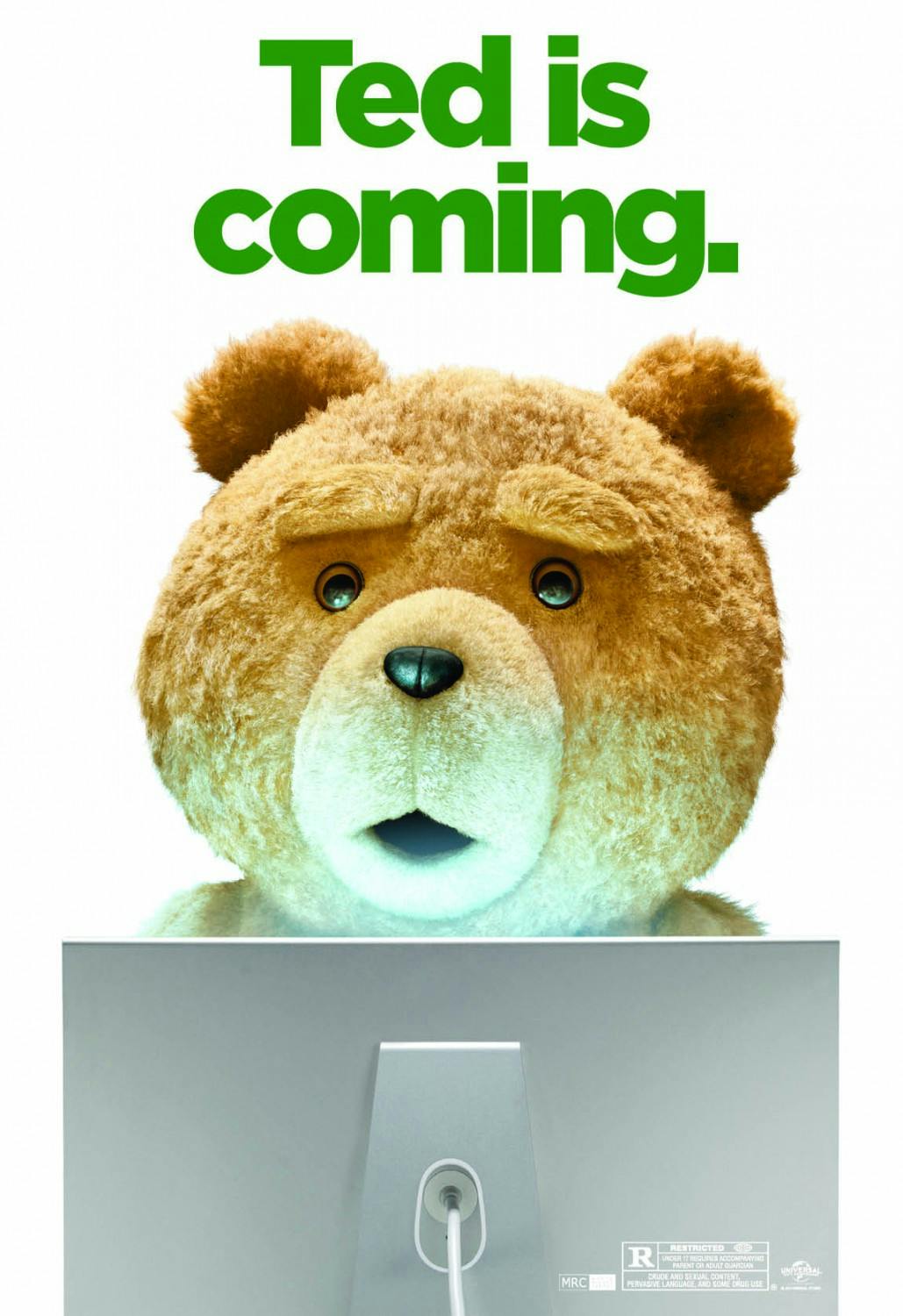Anyone catch the movie Ted yet?
If you’re a business leader or entrepreneur, you need to.
First of all, it’s hilarious. But, it’s also uncanny how a young boy’s relationship with a stuffed animal can teach you a thing or two about hiring and firing.
Employees who will grow as the company grows
The movie is about a young boy, John (grownup John is played by Mark Wahlberg), who wishes his teddy bear could really speak to him. The bear, named Ted (voiced by Seth McFarlane), comes alive on Christmas morning and becomes John’s best friend for years — until it’s time to grow up.
John wants to get married but finds himself with some extra baggage. Ted isn’t quite the sweet, perfect, dream-come-true-talking teddy bear of years past. He’s pretty horrible, actually — really, really, horrible (don’t bring the kids to this one), and really starts weighing down John’s life.
So what does a talking teddy bear have to do with hiring and firing?
Managers and entrepreneurs have all felt this way about growing a company. Finding talent as a start-up is an impossible task. Nights are spent wishing and hoping to find the perfect employee to help you grow and to move the needle. The moment you find the right fit, you hire them, no questions asked. But what happens as you grow?
As your company grows, you and others must grow with it. There are unquestionable pains with this transition. Sometimes, it’s difficult to mature; some just won’t make the cut.
Why some people can be dead weight
Like John in the movie, you’re faced with an ultimatum: grow up or keep dead weight. You’re probably similar to John in this situation.
I’m not that psyched to kick him out.”
No, you’re probably not. Firing someone that’s been with you since the beginning is almost impossible. There’s a friendship there, and there used to be an understanding of what you both want from the business.

But that friendship should tell you everything you need to know about your decision. Any friend wants you to succeed, and any good friend will step down when they realize they can’t help anymore.
Sometimes, I think back to that Christmas morning when I was 8-years-old. I wish I had just gotten a Teddy Ruxpin!”
The regret you feel is natural. It hurts to hire someone who doesn’t work out – for you, for them, and for the rest of your team. Everyone has a bit more work to cover – especially you, who has to clean up the mess. But it’s far better to have a really bad day than to allow someone to stay in a position that doesn’t work for your company or, in the end, for them
No regrets
Don’t get caught in the regret phase of a bad hire. If you bring someone on the team, you take the responsibility to ensure their success or fix the problem yourself. It’s one of the reasons to be very sure before hiring someone.
Ted: “You cannot take responsibility for anything that goes on in your life.”
John: “Oh, and you can?”
Ted: “I dont have to, Im a %#@% teddy bear!”
Ted’s attitude is deadly at a quickly-growing start-up, where everyone needs to take responsibility for whatever they come across. This is one of the biggest red flags of a bad hire: someone looking to avoid blame and dodge responsibility rather than fix a problem head on.
3 hiring rules to follow
And it’s funny — just like Ted, you usually only find out that someone has this outlook towards their job well after its too late to avoid hiring them. So how can you fix it?
- Make a hiring rule: Would you bet your own job on the success of this candidate? Never go for a warm body – get someone who can own the responsibility of the position, not just fill it.
- Hiring for cultural fit helps you overcome minor skill deficiencies simply by teaching them. It’s much easier — and much better — to overlook a speed bump when someone is otherwise a high-functioning and welcome member of the team.
- Get your team involved in hiring to help you spot red flags you might have missed otherwise. It’s difficult to run an interview and be adequately observant to catch everything. Plus, it’s amazing to have a trusted voice in making a critical decision.
This article originally appeared on The Resumator Blog..
